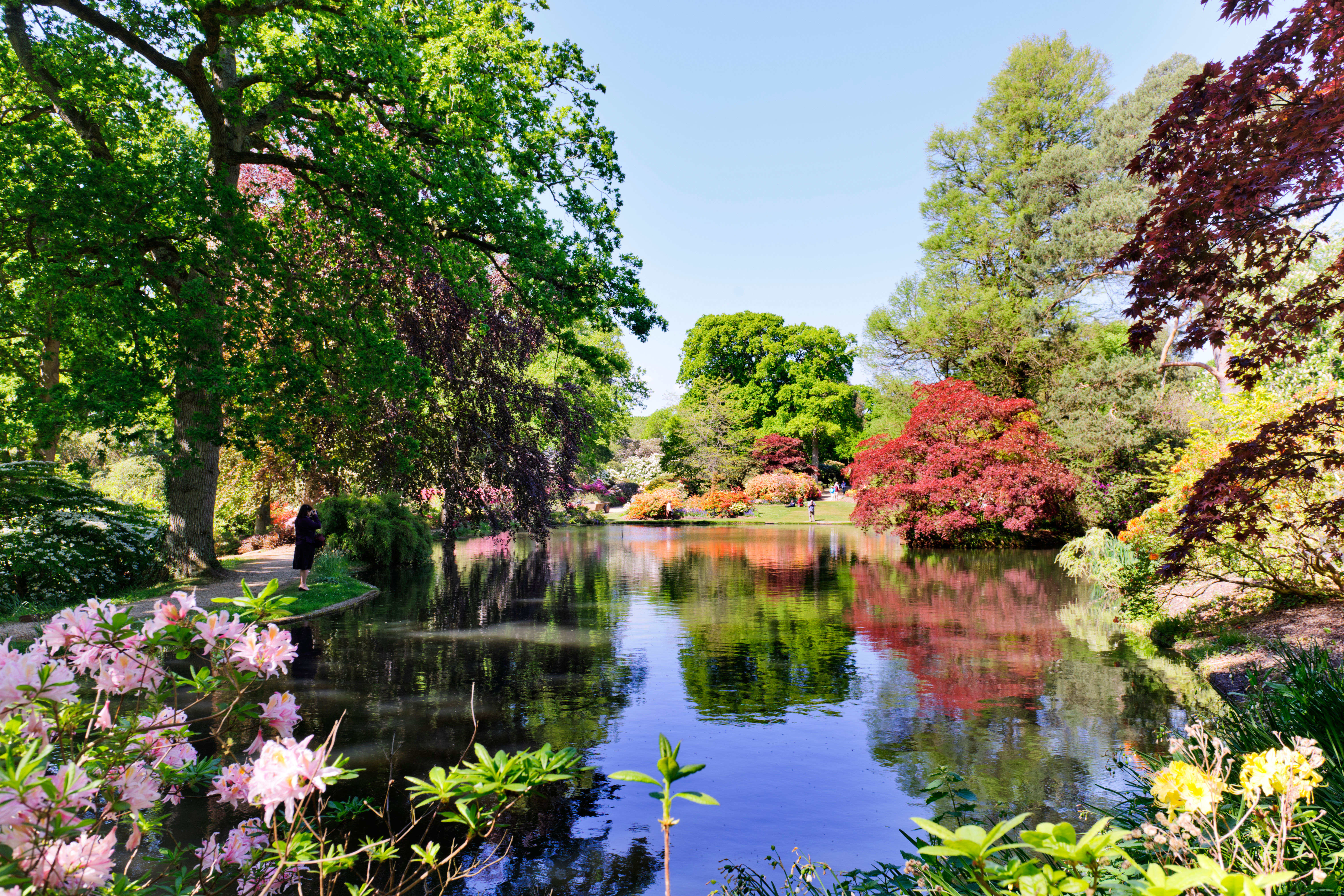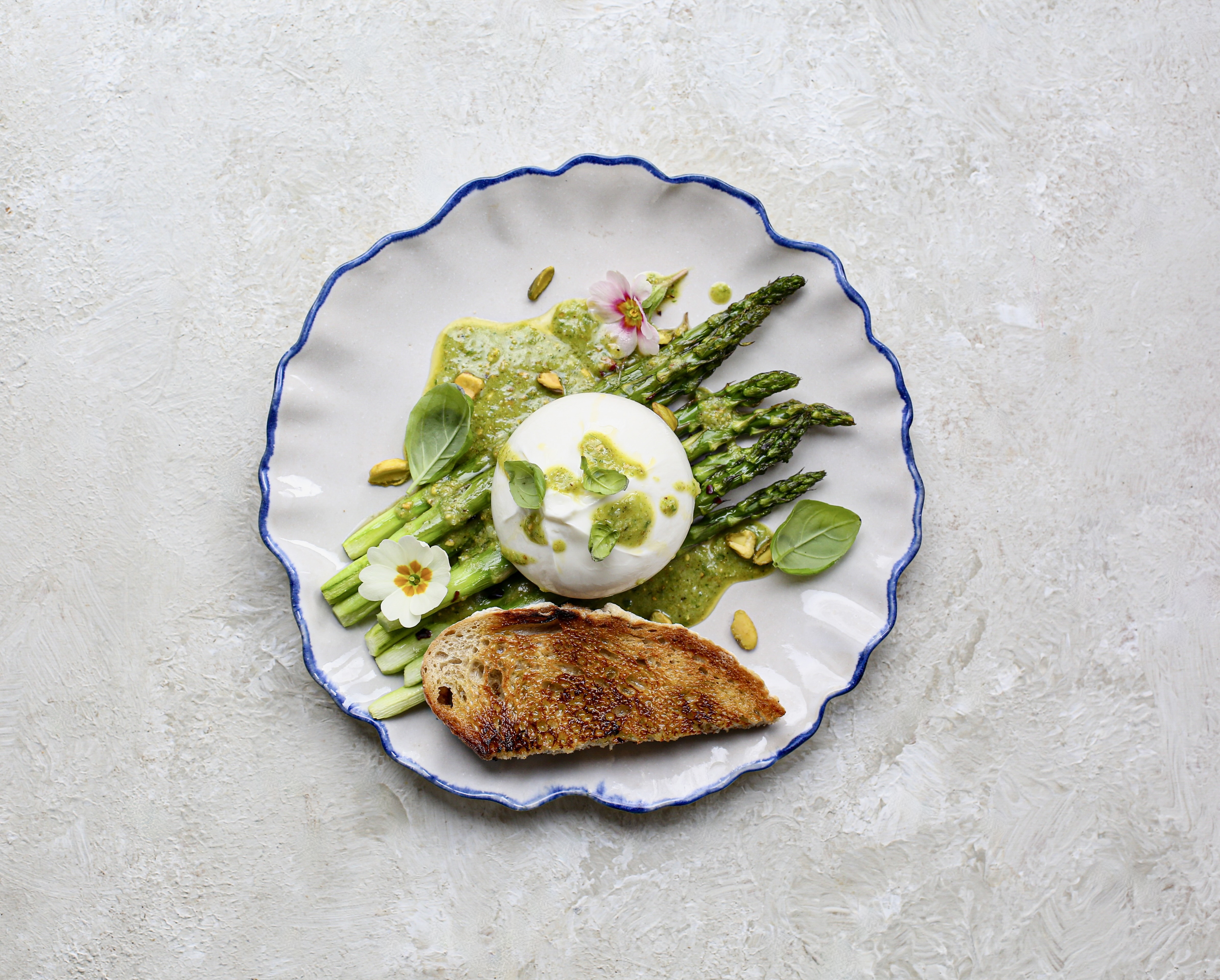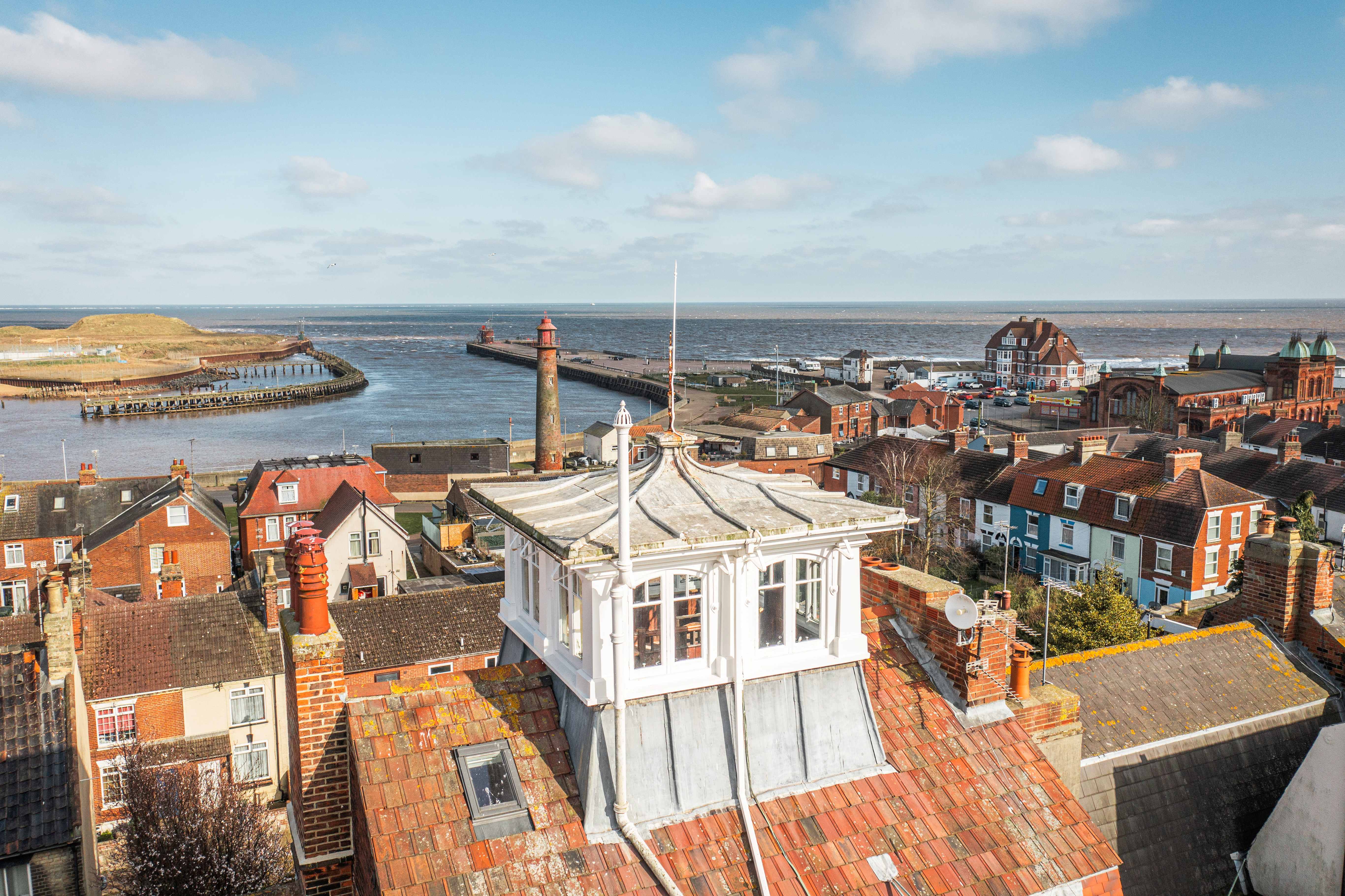The coming together of music and gardening
'Let's hope it is the first of many' says Mark Griffith of The Garden Museum's latest coup.

The garden is culture’s cornucopia, supplying the other Arts with inspiration and ingredients in profusion. In return, this — our — art form, which, for all its importance, is all-too impermanent, is saved from oblivion, memorialised in an ever-growing legacy of images, objects, words and melodies.
Since its reopening in 2017, the Garden Museum has made this symbiosis one of its greatest strengths and most powerful attractions. At its gloriously remodelled Lambeth headquarters, it stages regular exhibitions of, and lectures on, garden-inspired art. In Suffolk, it has acquired Benton End, the former home, garden and workplace of Sir Cedric Morris, and it is striving to revive the property in the spirit of that magical painter and magician-like plantsman.
Then there’s the museum’s two-day Literary Festival, which, each year, is held at a different great country house with gardens to match. This year’s festival was hosted by Lady Emma Barnard and her husband, James, at Parham House, West Sussex. At it, music joined the museum’s multi-generic programme in the form of ‘A Bouquet of Flower Songs’, a recital by the sublime lyric soprano Charlotte de Rothschild. Her performances in the UK are rare for the simple reason that she is perennially on tour and introducing overseas audiences to classical English song and to music’s tributes to gardens — a mission for which she is uniquely qualified.
She grew up at Exbury in Hampshire, amid the great gardens created by her grandfather, Lionel de Rothschild, and developed by her father, Edmund. Among the loveliest of the thousands of plants that adorn these 200 acres are two hybrids that were bred there: a rose quartz pink rhododendron and a snow-white camellia. Edmund named them both ‘Charlotte de Rothschild’ in celebration of his daughter.

She, too, is still to be seen at Exbury: Miss de Rothschild is a director of the gardens and active in the role. ‘But make no mistake,’ she hastens to tell me, ‘I’m no gardener—just a lifelong lover of plants and gardens. I don’t plant or design or paint them. I can’t. I sing about them instead.’ After studying in Salzburg at the Mozarteum and in London at the Royal College of Music, Miss de Rothschild embarked on a career as a professional singer. By her mid twenties, she was performing with major choirs. Then her mother, who, from the start, had emboldened her to pursue her vocation, died.
‘I stopped singing,’ she tells me. ‘I thought my career was over. But, after a while, I began to consider something said to me by the soprano Ruth Packer, who had been my teacher at the Royal College. She suggested that I should concentrate on songs and explore the repertoire.’
In the four decades since she accepted her teacher’s advice, she has sought out, studied, performed, recorded and so rescued from obscurity many unjustly neglected examples of the art of song. ‘I really began with my ancestor Mathilde de Rothschild (1832–1924). She was taught by Chopin and went on to become a prolific and remarkably successful composer in what, back then, was very much a man’s world. At the start of the 20th century, her songs were loved and widely performed; by its end, they were all but forgotten. Examining the scores, I decided that she more than deserved a revival.’
Sign up for the Country Life Newsletter
Exquisite houses, the beauty of Nature, and how to get the most from your life, straight to your inbox.
The outcome was The Songs of Mathilde de Rothschild, a two-CD set issued in 2013. Of its 50 or so songs, some existed in published form and others survived only in manuscripts, which Miss de Rothschild found in a family attic. All are performed by her with accompaniment by the eminent pianist Adrian Farmer, whose playing, like her singing, is by turns contemplative, rhapsodic and brilliantly virtuosic.
Since then, their collaboration has resulted in recordings that have become the standard renditions of such British songwriters as Norman Peterkin and C. Armstrong Gibbs. ‘As well as those projects,’ says Miss de Rothschild, ‘I create anthologies of songs that are related in theme, but from different periods, by different composers and in different languages. Luckily, my favourite theme by far is also the richest: across time and continents, gardens and the plants that grow in them have inspired poets and composers to give of their best.’
She certainly does that, and it is the best. Let us hope that her recital at this year’s Garden Museum Festival will be the first of many.
For further information, visit www.gardenmuseum.org.uk and www.charlottederothschild.com
Mark Griffiths is editor of the New Royal Horticultural Society Dictionary of Gardening
-
 Two quick and easy seasonal asparagus recipes to try this Easter Weekend
Two quick and easy seasonal asparagus recipes to try this Easter WeekendAsparagus has royal roots — it was once a favourite of Madame de Pompadour.
By Melanie Johnson
-
 Sip tea and laugh at your neighbours in this seaside Norfolk home with a watchtower
Sip tea and laugh at your neighbours in this seaside Norfolk home with a watchtowerOn Cliff Hill in Gorleston, one home is taller than all the others. It could be yours.
By James Fisher